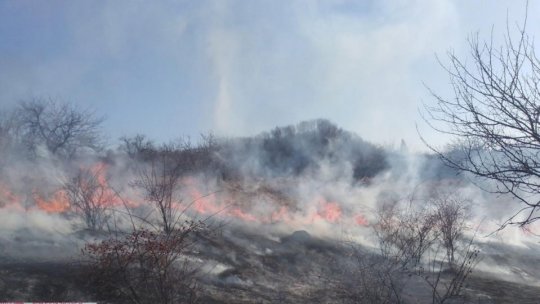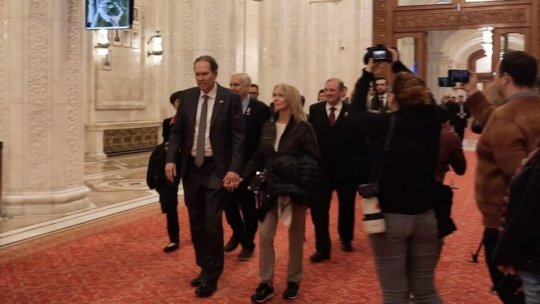US Department of State: Romania Report on Human Rights practice in 2017
Corruption remains widespread in Romania, and bribery - a common practice in the Romanian public sector, states US Department of State Report 2017.

Articol de Cristina Dumitrescu, 22 Aprilie 2018, 15:59
Corruption remains widespread in Romania, and bribery - a common practice in the Romanian public sector, states the US Department of State 2017 Report on Human Rights practice in Romania.
Prisons continue to be crowded and do not meet international standards, even the authorities have taken some measures to correct the situation.
According to the US Department of State, in 2017, in Romania there were also cases of police abuse that remained mostly unanswered. The judiciary took steps to prosecute and punish officials who committed abuses, but authorities delayed proceedings involving alleged police abuse; the result was that many of the cases ended in acquittals.
Child abuseand neglect continued to be serious problems. The media reported several severe cases of abuse or neglect in family homes, foster care, and child welfare institutions. The government has not established a mechanism to identify and treat abused and neglected children and their families.
Same report also records that in Romania there are politicians who hold or control through media organizations interference, influencing their editorial policy.
Chapter "Freedom of Expression" includes the episode when Minister of Domestic Affairs accused several journalists who were known to support anti-government protests, as well as the fact that the Mayor of Bucharest has forbidden NGO representatives to assist at the meetings of the General Council of the Municipality of Bucharest.
The law prohibits discrimination against persons with physical, sensory, intellectual, and mental disabilities. The government did not fully implement the law, and discrimination against persons with disabilities remained a problem. The law mandates that buildings and public transportation be accessible for persons with disabilities. The country continued to have an insufficient number of facilities specifically designed to accommodate persons with disabilities who could have extreme difficulty navigating city streets or gaining access to public buildings. Persons with disabilities reported a lack of access ramps, adapted public transportation, and adapted toilets in major buildings.
Source:RRA, USDepartment of State.Translated by Miruna Matei









